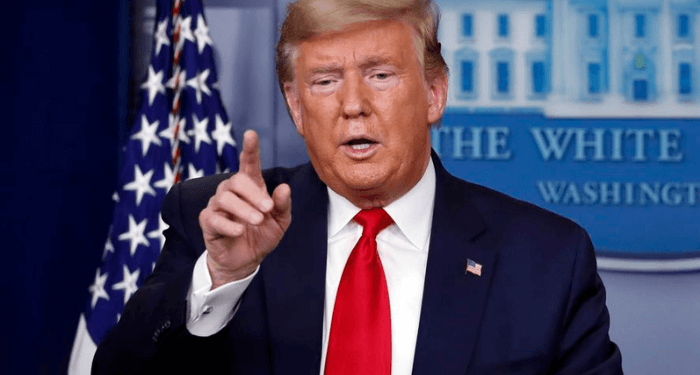Federal Reserve governor Lisa Cook has filed a lawsuit against President Donald Trump, setting up an unprecedented legal battle with major implications for the US central bank’s independence. Cook is challenging Trump’s attempt to fire her, a move that would be the first of its kind in the Fed’s history.
The lawsuit, which names Fed Chairman Jerome Powell as a defendant, asks a federal court to declare Trump’s firing order “unlawful and void.” The president has claimed he has “sufficient reason” to remove Cook due to allegations of mortgage fraud, arguing that his constitutional powers allow for such a move. This legal showdown will most likely test the limits of presidential power over one of the nation’s most critical financial institutions.

The Legal and Political Battle for the Fed’s Autonomy
The core of this conflict lies in the Federal Reserve Act, which states that a Fed governor can be removed only “for cause.” While the law does not define what constitutes “cause,” it has historically been understood to mean malfeasance or neglect of duty while in office.
The allegations against Cook, which were first raised by Trump ally and housing finance regulator Bill Pulte, concern her personal financial documents from before her confirmation. White House spokesperson Kush Desai defended the president’s action, stating that removing a governor “credibly accused of lying in financial documents” improves the Fed’s accountability.
However, Cook’s attorney, Abbe Lowell, argues that these unsubstantiated allegations are not sufficient cause for removal and that the move is an illegal attempt to subvert the Fed’s mandated independence.
Interest Rates, Allegations, and the Future of US Monetary Policy
This unprecedented move by the president follows months of public pressure on the Federal Reserve to lower US interest rates. As a member of the Fed’s board of governors, Cook sits on the 12-member committee that sets these rates, which have a significant impact on borrowing costs and savings for all Americans.
By attempting to remove Cook, Trump could replace her with someone more aligned with his economic agenda, a prospect that has raised concerns among many economists. The lawsuit does not address the mortgage allegations directly but asserts that no cause exists for her removal.
The outcome of this case, which is widely expected to reach the US Supreme Court, will have far-reaching consequences for the future of monetary policy and the separation of powers in the United States.

















